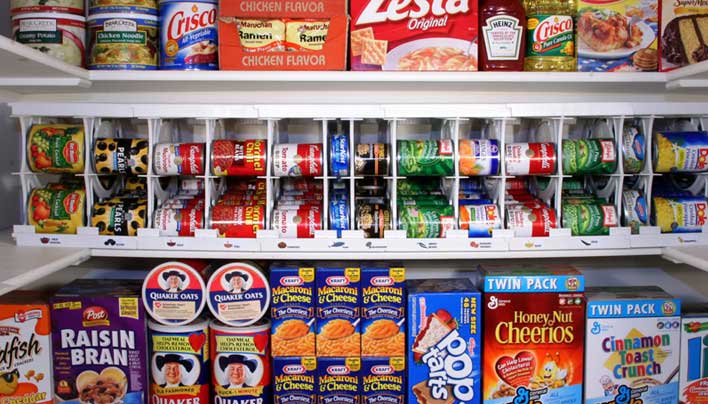- Nigeria Spends N3.4tn to Import Rice, Fish, Others Annually
Nigeria spends about N3.4tn annually on importation of four food items – rice, wheat, fish, and sugar – statistics obtained from the Central Bank of Nigeria have shown.
A document of the Federal Government also showed that the amount spent on importation by the country was expected to increase to N9.9tn in 2017 owing to slow economic recovery.
However, after recovery, it was projected that the country would begin to see a significant reduction in the level of importation from N9.9tn in 2017 to N9.34tn and N8.79tn in the 2018 and 2019 fiscal periods, respectively.
The Acting Director, Trade and Exchange Department, CBN, Mr. Woritka Gotring, said the huge preference for imported items especially rice, wheat, fish and sugar by many Nigerians if left unchecked could worsen the economic recession currently facing the country.
Gotring stated this while responding to questions from our correspondent shortly after delivering a lecture on challenges of foreign exchange management in Nigeria under economic recession.
He said the depletion in the country’s external reserves was largely caused by the huge demand for foreign exchange, adding that this was a major reason a lot of actions were taken in that direction by the apex bank in recent times.
Gotring said while the economy was going through tough times owing to the decline in foreign exchange inflows, the problem could be better managed with patronage of made in Nigeria products.
He said, “Foreign exchange rate is one of the most important means through which a country’s relative level of economic health is determined.
“The slump in global oil prices has hit Nigeria hard, plunging the country into recession. It is evident that the economy is going through tough times with declining inflows and continuous demand pressure for foreign exchange arising from high import bill.”
He said that it was the resilience of the informal sector that had been reducing the impact of the economic crisis on Nigerians.
He said if not for the resilience shown by the informal sector where a lot of people were engaged in various economic activities, it would have been difficult to manage the economic crisis.
He said despite the fact that a lot of people in the informal sector were employed in one form of economic activity or the other, the infrastructure gap in the country was limiting the potential of the sector.
In order to enable the country to conserve its foreign exchange, he called for policy consistency that would encourage capital flow and promote local production, fiscal discipline, the enhancement of local manufacturing capacity and import substitution.
Gotring also called for increased investment in agriculture, mining and solid minerals, and infrastructure in order to lower the cost of doing business.

 Naira4 weeks ago
Naira4 weeks ago
 Naira4 weeks ago
Naira4 weeks ago
 Travel4 weeks ago
Travel4 weeks ago
 Jobs4 weeks ago
Jobs4 weeks ago
 Naira3 weeks ago
Naira3 weeks ago
 Naira3 weeks ago
Naira3 weeks ago
 Investment4 weeks ago
Investment4 weeks ago
 Travel4 weeks ago
Travel4 weeks ago




























